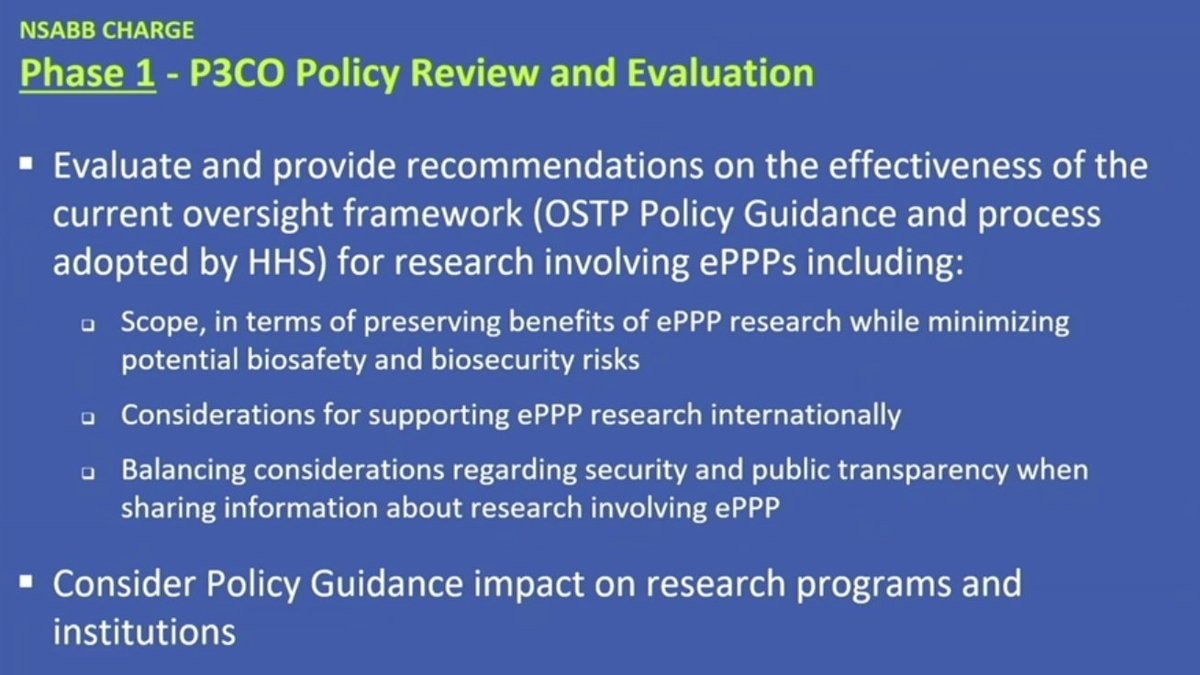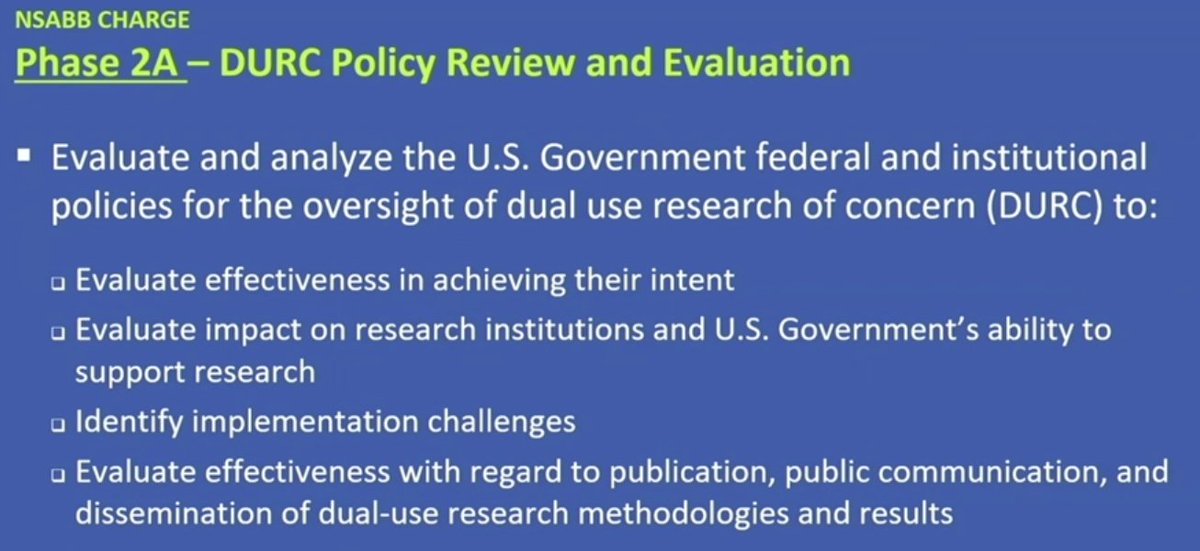
Both natural & lab #OriginOfCovid hypotheses are plausible & must be credibly investigated.
It's normal for people to argue which is more likely, but we don't have the data to know.
It's not ok for experts to report near certainty or dispositive evidence when there is none.
It's normal for people to argue which is more likely, but we don't have the data to know.
It's not ok for experts to report near certainty or dispositive evidence when there is none.
We have no sign of a SARS2 precursor whether in a market or in a lab.
We know there was a Dec 2019 cluster of cases at a market where potential animal hosts were sold.
We know there is a Wuhan lab doing precisely the type of work that could've caused the emergence of SARS2.
We know there was a Dec 2019 cluster of cases at a market where potential animal hosts were sold.
We know there is a Wuhan lab doing precisely the type of work that could've caused the emergence of SARS2.
Without access to data about cases in November or early December 2019, we don't know how the market cluster occurred.
There is no animal version of the virus at the market, no sign of an animal host or infected supply chain.
These should be investigated but not assumed.
There is no animal version of the virus at the market, no sign of an animal host or infected supply chain.
These should be investigated but not assumed.
Similarly, without access to data/info about the type of viruses being studied in Wuhan, we don't know if SARS2 escaped from a lab or not.
This should be investigated but not assumed.
No one can claim dispositive evidence for either hypothesis based on current public knowledge.
This should be investigated but not assumed.
No one can claim dispositive evidence for either hypothesis based on current public knowledge.
Something's wrong if science gets to be decided by the side that is more willing (& well connected) to confidently claim "dispositive evidence" while key data is still missing.
I'm not willing to cross that line until there is actually dispositive evidence for either hypothesis.
I'm not willing to cross that line until there is actually dispositive evidence for either hypothesis.
• • •
Missing some Tweet in this thread? You can try to
force a refresh








